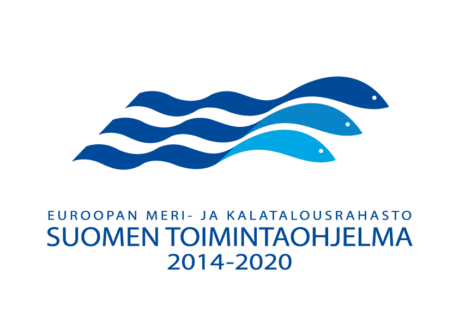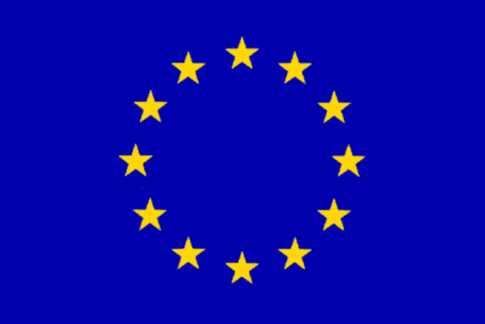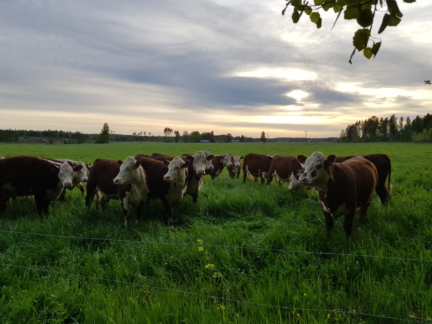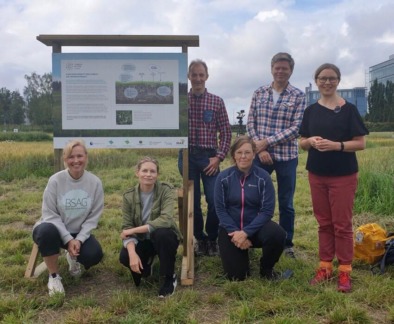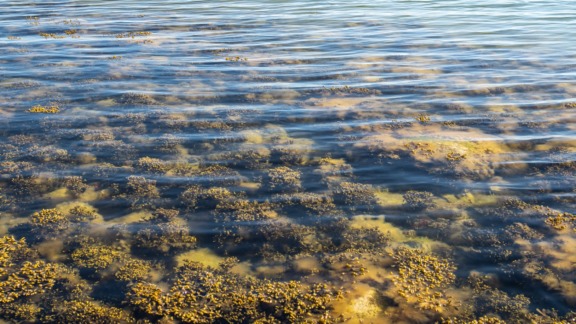Responsible Shipping
Responsible Shipping
Responsible Management of Grey Waters and Food Waste from Ships in the Baltic Sea
Responsible management of ship-generated waste requires commitment from the whole value chain. In this project, BSAG brought together all parties to improve handling, reception and recovery of sewage, grey waters and food waste from ships.
Official name
Responsible Management of Grey Waters and Food Waste from Ships in the Baltic Sea
Duration
January 2020 – June 2022
Persons in charge
Elisa Mikkolainen, project director, maritime affairs
Consortium
Baltic Sea Action Group
Funder
European Maritime and Fisheries Fund
The Baltic Sea needs responsible shipping
Every day, there are over 2000 ships sailing in the Baltic Sea. Over 90 per cent of ships carry cargo, and less than 10 per cent are passenger or cruise ships. Onboard cargo ships there are about 25000 crew members whose grey waters, sewage and food waste can be legally discharged into the Baltic Sea. Discharges contain nutrients, bacteria, chemicals and microplastics – all detrimental to the Baltic Sea.
In January 2020 BSAG launched a project, aiming at reducing discharges from maritime traffic into the sea. The project, funded by the European Maritime and Fisheries Fund, ended in June 2022.
The targets of the project are listed below:
- Chart the value chain of waste management, identify points of friction, and define improvement ideas.
- Specify best practises, incentives, and practical solutions to minimize the environmental burden of shipping.
- Increase awareness and change attitudes.
- Pursue circular economy and waste recovery.
- Collect data on waste management procedures both aboard and ashore.
- Arrange sampling and analysis of ships’ waste waters.
Constructive cooperation between parties proved crucial in improving practises and processes
BSAG invited all relevant parties to work on the waste management value chain: ports, shipping companies, ship’s agents, waste management companies, authorities, interest groups, energy companies etc. BSAG coordinated pilot projects at three Finnish ports. The outcome highlighted where the problems lie, how they could be resolved, and which parties are needed to implement the change. Concrete improvement ideas require actions from the whole value chain, but also from individual players.
At the beginning of the project, BSAG together with Shipbrokers Finland organized a survey on ships calling at 12 Finnish ports. The outcome was surprising: two out of three cargo ships advised they discharged sewage, grey water or food waste into the Baltic Sea enroute to Finland. Moreover, one out of three cargo ships advised they were not aware of No Special Fee -system which means that ships do not need to pay anything extra when leaving sewage or a mixture of sewage and grey water to port reception facilities.
To increase awareness among seafarers and shipping companies, BSAG collected at team of Finnish interest groups and authorities. The outcome was Baltic Sea Waste Info, an information package containing relevant information on Baltic Sea and waste management at ports, plus a recommendation to discharge all waste at ports. The information package is delivered via ports and ship’s agents to ships heading to Finnish ports. The VTS centres include Baltic Sea Waste Info into Master’s Guide, delivered to all ships moving in Finnish territorial waters.
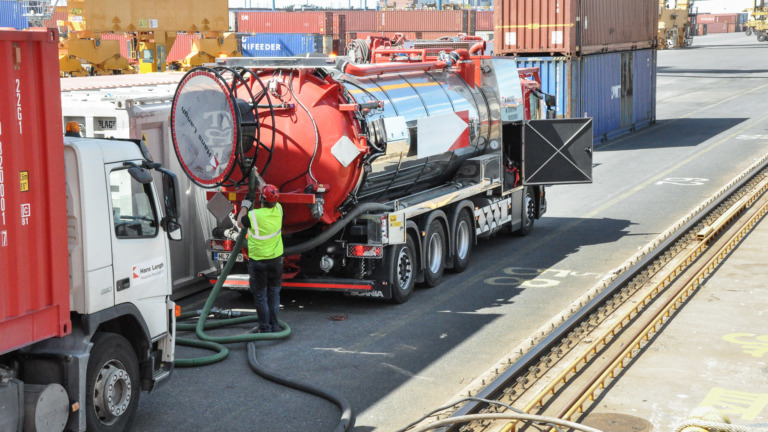
Ship Waste Action turns waste waters into energy
Under the project, BSAG launched an initiative where waste waters from cargo ships will be used ashore as feedstock for biogas, renewable soil amendments, and district heating. The initiative brings together ports, ships’ agents, ship owners, waste management companies, water treatment plants and energy companies. The cooperation aims at improving the value chain from ships to ports and further to circular economy purposes. Each party in the value chain must focus on their own processes but also on cooperation with other parties. The smoother the value chain is, the more ships will make use of it. The initiative minimizes the environmental burden of waste waters and supports circular economy.
The initiative has already changed waste treatment processes both onboard and ashore. Parties have streamlined their procedures and worked together on solutions to overcome bottlenecks. The outcome is visible: the number of cargo ships discharging sewage, grey waters and food waste ashore has increased. Several Finnish ports report on growing number of ships participating in Ship Waste Action, and consequently of growing volumes of waste water discharged in ports. Although the project ended, it sparked an initiative which generates permanent changes to ships’ and ports’ waste management.
New data sheds more light into environmental burden of shipping
The project collected new data on ships, waste management, port pricing policies and nutrient content of waste waters. Surveys, questionnaires and interviews helped to understand waste management practices on cargo ships and ports. Valuable data proved important when assessing current state of waste types, volumes and handling processes. Ports’ pricing schemes were studied and compared to No Special Fee -principle. Noted discrepancies were advised to ports who corrected their pricing accordingly.
The project carried out sampling of grey waters onboard cargo and passenger ships. Analysis results showed that the concentrations on various parameters were generally higher on cargo ships than passenger ships. The BOD value, describing the consumption of oxygen caused by organic matter in water, was significantly higher on grey waters than on the values for sewage reported in earlier research. Microplastic and pharmaceutical contents of the samples were analysed, too.
Project results can be used when tightening international regulations of shipping
The project results can be summarized as follows:
- Awareness was increased among seafarers, ship owners, ports and other stakeholders.
- Value chains of ship-generated waste management were charted.
- Processes were amended to encourage ships to discharge waste into port reception facilities.
- Cooperation between parties was reinforced.
- Nutrients in ships’ waste waters were directed to circular use.
- Data on ships, ports and waste management was collected.
- Contents of ships’ waste waters were analysed.
Above results help authorities in their regulatory work on national and international levels. During the project, it was presented in several HELCOM meetings. The work done under the project received great attention, and the approach was praised. The results proved very helpful when implementing the updated Baltic Sea Action Plan. In particular, the project results contribute to actions S14, S15, S17 and S18 of the updated BSAP.
CONTACT
PROJECT PARTNERS
